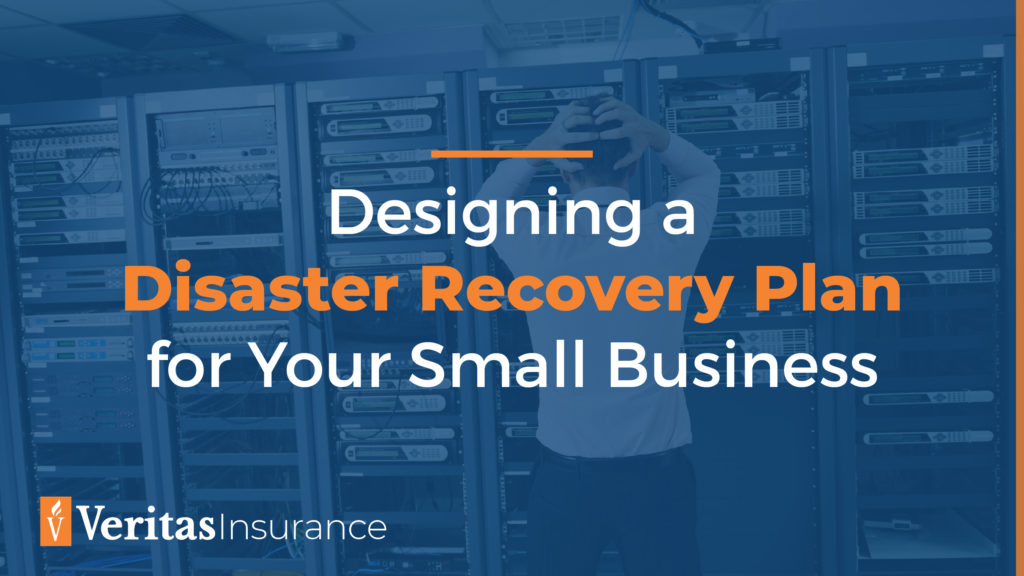Insurance can’t cover everything. Any insurance policy you get is going to have limitations. If something happened to your business, would you be able to get up and running as quickly as possible? A small business disaster recovery plan is a must for every small business owner.
Elements of a Disaster Recovery Plan
Here are a few essential elements that you need to include in your business’s disaster recovery plan. If you feel like you do not have the expertise to design this plan yourself, there are plenty of professionals out there who can do it for you.
Duplicate records.
You need to have duplicate records of both computerized and written documents. A financial planner recently told me a story about one of his clients who did not want to pay the extra $10 per month to back up his computer records. He ended up losing all of his important client and legal records in a disaster. Don’t let this happen to you.
Identify critical business activities.
Identify your company’s critical business activities and the resources needed to support them. Having this portfolio will help you get back on your feet faster.
Plan for the worst-case scenario.
Don’t be caught by surprise if the worst-case scenario happens to you. Do your research before a disaster strikes on alternative facilities, equipment and supplies, as well as alternative contractors.

Set up an emergency response plan.
Set up an emergency response plan and train your employees how to carry it out. Consider alternative power sources and communication systems. Also consider supplies you may need such as first-aid kits and flashlights.
Depending on where you live, there may be particular threats that you need to plan for. Every business should have basic plans for things like fires and shooters. You should also consider plans for tornados and earthquakes, especially if you live in areas prone to these events.
Compile off-premise address lists.
Compile lists of important phone numbers and addresses. These should include local and state emergency management agencies, major clients, contractors, suppliers, realtors, financial institutions, your insurance agent and claim representatives for your insurance companies. Also keep phone numbers and addresses for your staff. These lists should be keep off-premises.
If something happened to your business, would you be able to get up and running as quickly as possible?
Client communication strategy.
Implement a communications strategy to prevent the loss of clients. The strategy should enable your clients to contact your company at its new or temporary location.
We have had clients that lost many of their customers because they did not have an effective client communication strategy in place when disaster struck. Don’t risk losing your clientele on top of a disaster!
Are you adequately insured?
In addition to a small business disaster recovery plan, adequate insurance coverage is vital to protect you from loss. From cyberattacks to fires, business insurance can help cover your losses and ensure your business’s recovery.
If you had a disaster, would your insurance program cover the revenues you would lose? Would it help pay your bills and reimburse you for the expenses you incur? Does it cover the costs of smaller, yet still detrimental, disasters? These are all questions you need to ask yourself.
If you would like help preparing a disaster recover plan or have questions about your business’s insurance needs, call our East Tennessee office at (423) 292-4142. One of our commercial insurance advisors would be happy to help you.
Let's Get Social!

Serving Alcohol at Your Wedding? Here’s Why You Need Liquor Liability Insurance
The Open Bar Shouldn’t Open You Up to Risk Champagne toasts. Craft beer from your favorite local brewery. A signature cocktail with a clever name. If you’re like many

Insuring Your Engagement Ring
Can I Cover My Engagement Ring on My Parents’ Insurance? Congratulations on your engagement! That beautiful ring on your finger isn’t just a symbol of your love—it’s also a



